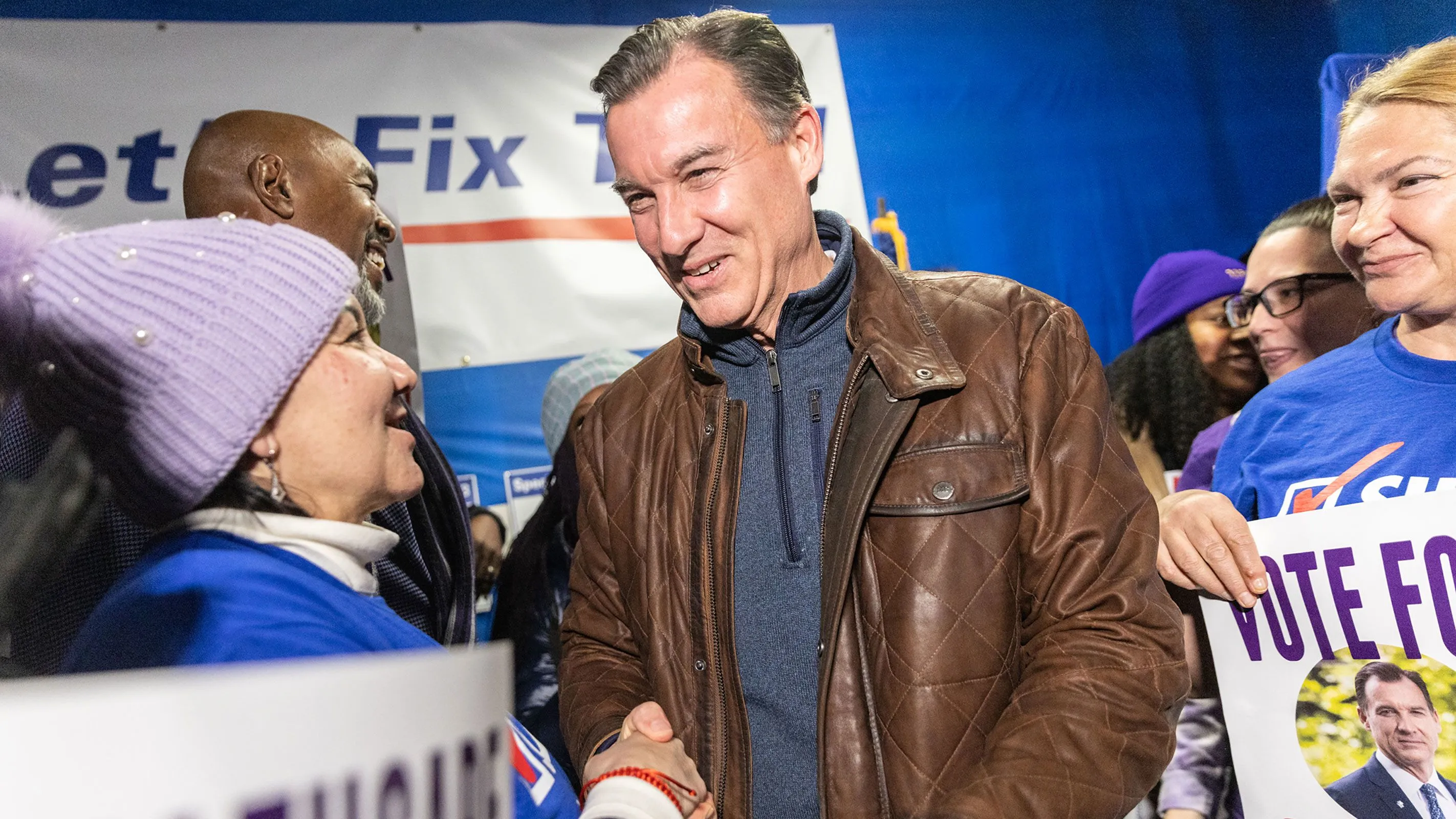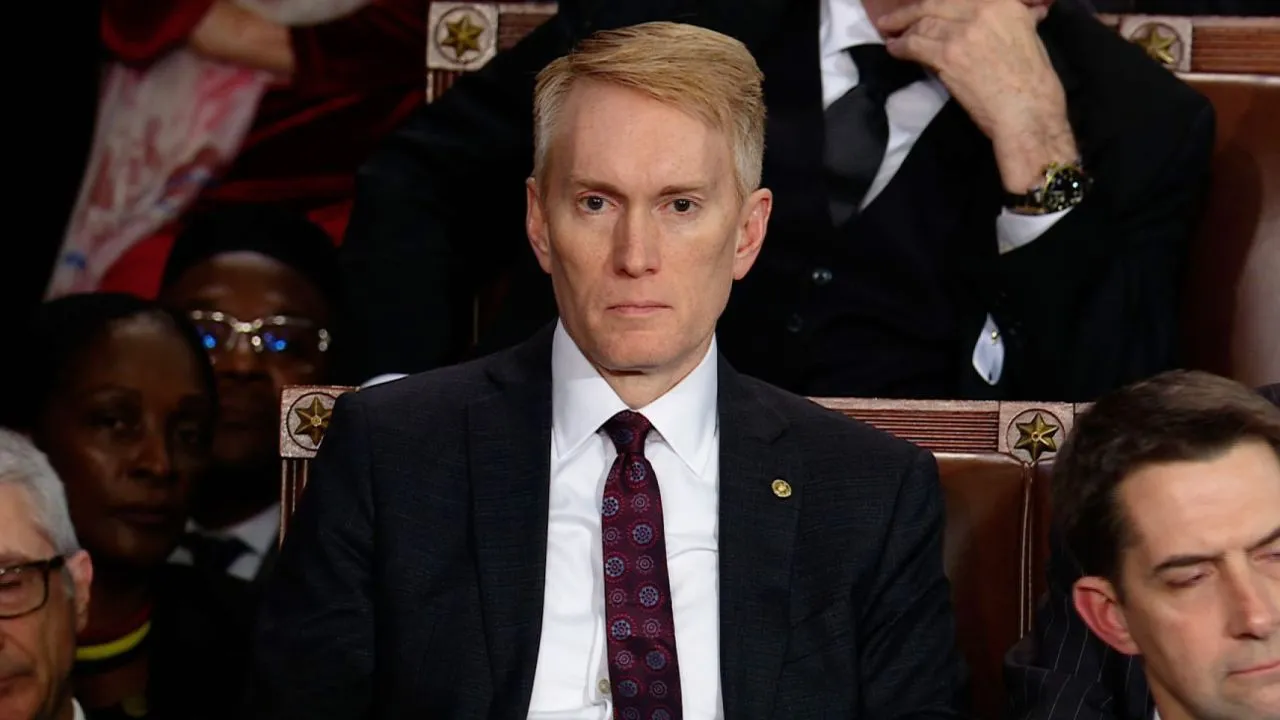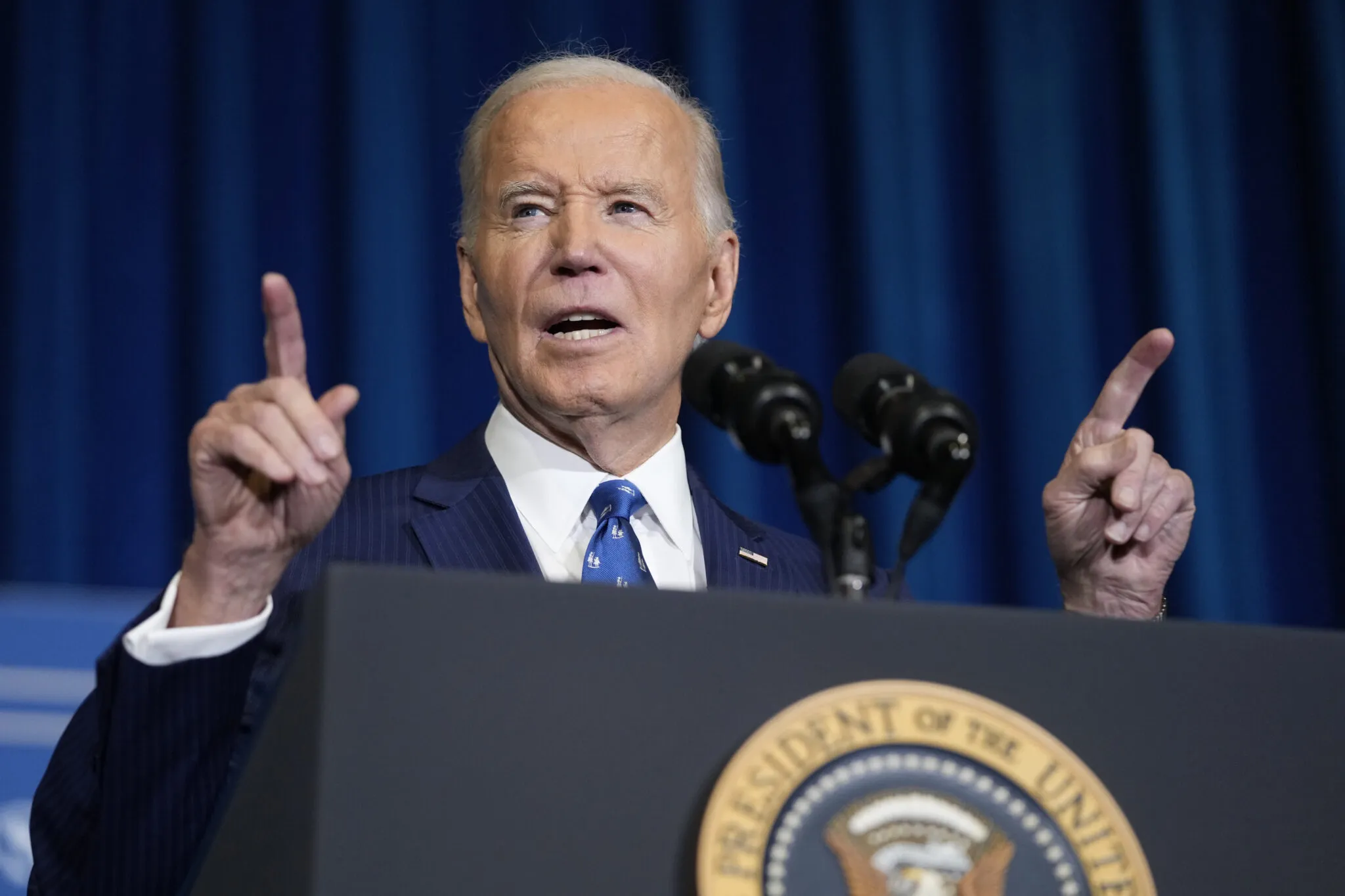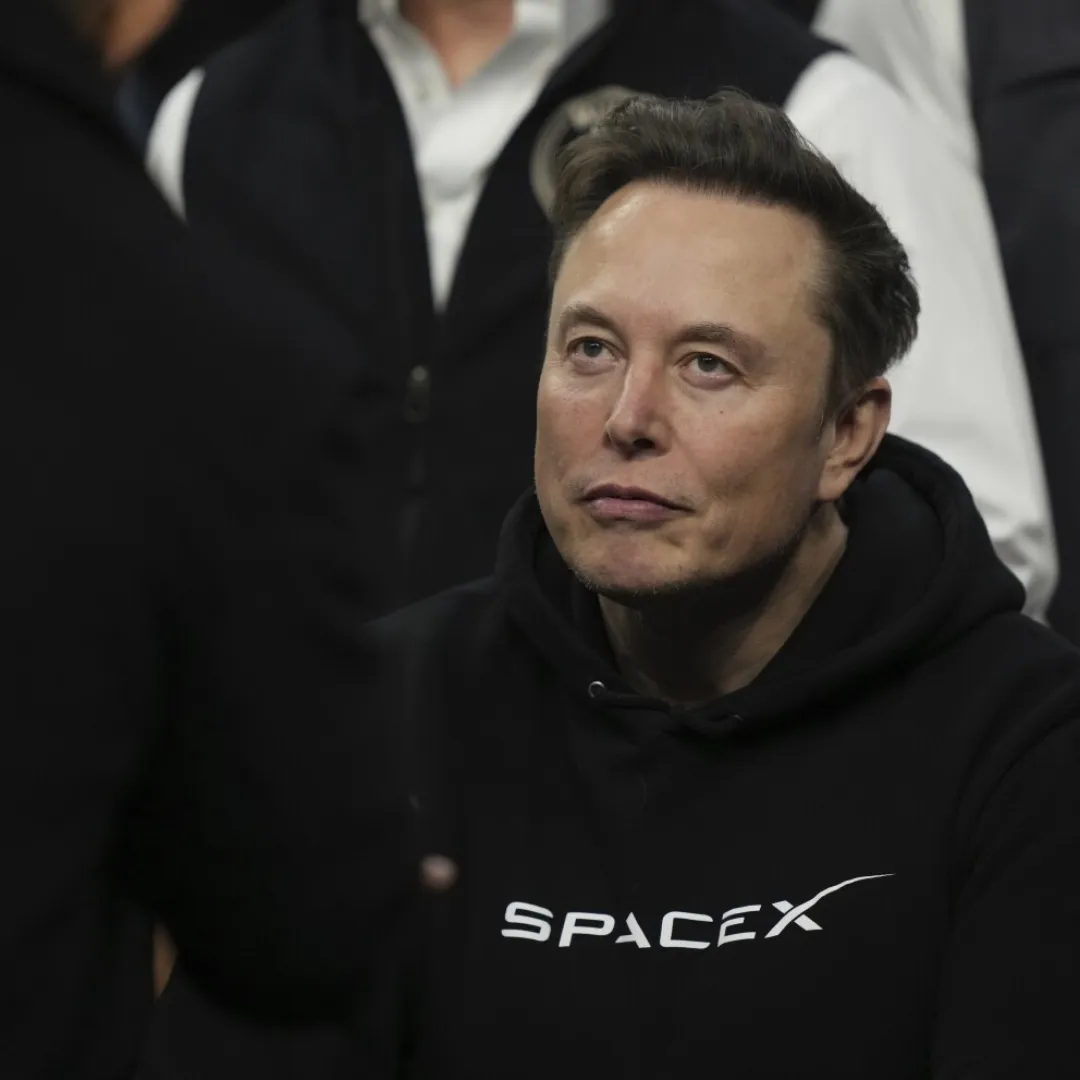Health and Human Services Secretary Robert F. Kennedy Jr. is under increasing scrutiny after distancing himself from a controversial federal decision to rescind over $11 billion in funding to state and local health departments — money many agencies say is vital for maintaining essential health services beyond the COVID-19 pandemic.
In an interview aired Wednesday with CBS News chief medical correspondent Dr. Jon LaPook, Kennedy claimed he was not aware of the drastic funding reductions and offered explanations that appeared both evasive and contradictory.
At the same time, Kennedy took a markedly different tone on vaccines, encouraging measles immunization amid a deadly outbreak in Texas — a significant departure from his long-standing reputation as a vaccine skeptic.
When asked directly whether he was aware of the rescission of more than $11 billion in federal grants, Kennedy responded, “No I’m not familiar with those cuts. We’d have to go … the cuts were mainly DEI cuts, which the president ordered.”
DEI — short for diversity, equity, and inclusion — has become a flashpoint in American politics, with many conservatives criticizing such initiatives as wasteful or ideological. By attributing the cuts to presidential directives targeting DEI, Kennedy sought to deflect responsibility from his department, despite clear documentation that the grants in question supported a wide range of public health programs.
In March, the Department of Health and Human Services (HHS) pulled back $11.4 billion in funding that state and local health departments had relied on for COVID-19 testing, vaccination programs, hiring community health workers, and tracking health disparities.
These grants were not solely limited to pandemic response — many were being used for mental health outreach, support for people with substance use disorders, and combatting emerging infectious diseases like measles.
Local officials across the country expressed frustration and alarm at the decision. Many health departments had already allocated or spent the funds, assuming their continuity.
Several state leaders said that losing the money now will hobble their ability to respond to ongoing public health crises, including a devastating measles outbreak in Texas that has already killed two children and infected over 500 individuals, primarily among unvaccinated populations.
Leaders in public health emphasized that the rescinded funds were not idle pandemic leftovers but critical tools for current and future challenges. In particular, officials noted that funding had supported efforts to hire and retain public health staff, expand rural healthcare access, and monitor disease trends that often go unnoticed until an outbreak erupts.
In response to the backlash, the administration temporarily paused the cuts last week after a coalition of Democratic-led states and the District of Columbia filed a lawsuit to block the move.
In the CBS interview, LaPook pressed Kennedy further, citing a specific example: a $750,000 grant to the University of Michigan for adolescent diabetes research that was canceled.
Kennedy replied, “I wasn’t aware of that either,” but added, “There’s a number of studies that were cut that came to our attention and that did not deserve to be cut, and we reinstated them. Our purpose is not to reduce any level of scientific research that’s important.”
While it remains unclear whether the University of Michigan grant has been reinstated, Kennedy’s comments suggest a reactive rather than proactive approach to managing billions in federal health resources. Critics argue this is emblematic of poor leadership, where life-saving programs are being suspended without full understanding or oversight by the department’s head.
Perhaps even more surprising than the budget controversy was Kennedy’s public endorsement of the measles vaccine — his strongest such statement since being sworn in as HHS Secretary in January.
“I encourage people to get the measles vaccine,” Kennedy said. “The federal government’s position, my position, is that people should get the measles vaccine, but … the government should not be mandating those.”
His comment comes at a critical moment. The measles outbreak in Texas has exposed gaps in vaccination coverage, particularly in rural and underserved communities. The disease, once declared eliminated in the U.S. in 2000, has made a disturbing comeback, largely fueled by misinformation and declining vaccine uptake.
Kennedy’s endorsement marks a notable departure from his previous rhetoric. During his presidential campaign and public appearances over the years, he repeatedly questioned vaccine safety, often without scientific evidence.
He has also promoted unproven remedies, such as vitamin A and cod liver oil, as potential alternatives to vaccination — despite clear medical consensus that the measles-mumps-rubella (MMR) vaccine is safe, effective, and essential.
Despite his call for people to get vaccinated against measles, Kennedy continued to cast doubt on vaccine safety.
“When I say they’re not safety tested, what I mean is they’re not adequately — many of the vaccines are tested for only three or four days with no placebo group,” he told CBS. “I always said during my campaign and every public statement I’ve made: I’m not gonna take people’s vaccines away from them. What I’m gonna do is make sure that we have good science so that people can make an informed choice.”
Medical experts quickly disputed his claim, noting that vaccines go through rigorous preclinical and clinical trials, often spanning years, including placebo-controlled studies. Misinformation about vaccine safety has been identified by the World Health Organization as one of the top threats to global health.
On X (formerly Twitter), Kennedy posted last weekend after attending the funeral of one of the children who died from measles in Texas. “The measles vaccine is the most effective way to prevent the spread,” he wrote. However, the post stopped short of issuing a direct recommendation.
The wording — factual, but noncommittal — mirrors Kennedy’s tightrope act: attempting to hold his anti-mandate stance while nodding to the gravity of the current outbreak. Critics argue that this approach creates confusion at a time when public trust in vaccines is already fragile.
The clash between Kennedy’s long-standing vaccine skepticism and his new federal role presents a conundrum. As Secretary of Health and Human Services, he oversees one of the largest public health infrastructures in the world.
The agency’s mission — to enhance the health and well-being of all Americans — is often carried out through programs that rely on vaccination campaigns, scientific grants, and federal-state partnerships.
Kennedy’s tenure so far has been marked by contradiction. On one hand, he voices support for science-based decisions. On the other, he advances claims widely debunked by public health authorities.
His apparent lack of awareness about significant departmental decisions — including $11.4 billion in cuts — has raised red flags among lawmakers, scientists, and advocacy groups.
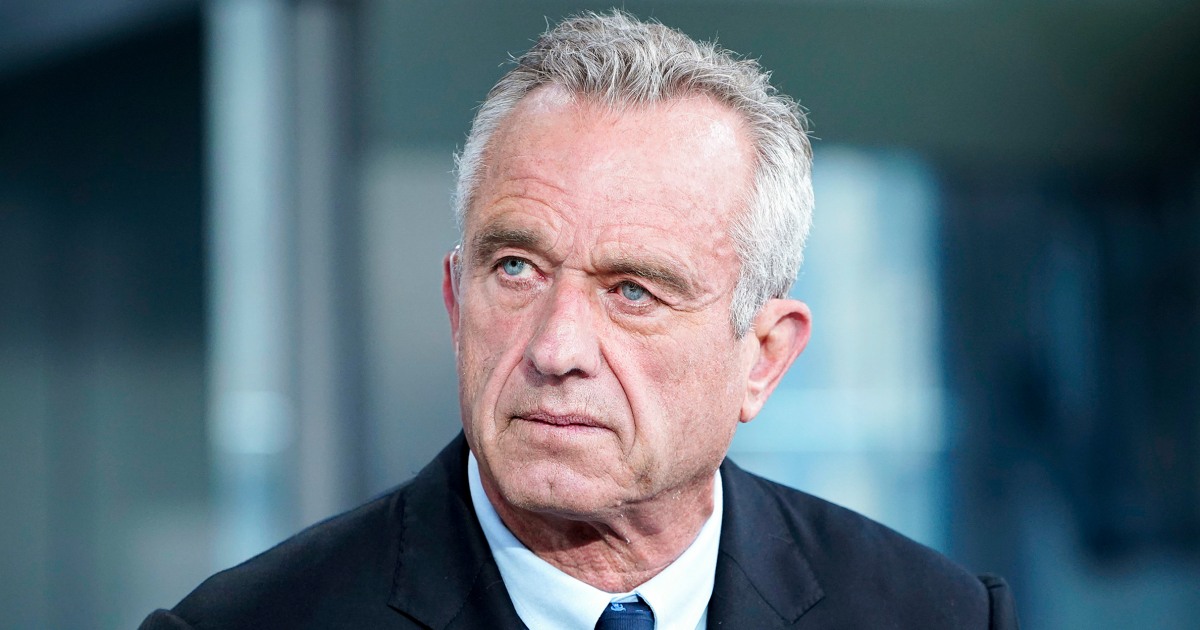
As pressure mounts, many are watching to see whether Kennedy will adjust his messaging or his policies. The stakes are high, not just for his credibility, but for the millions of Americans depending on robust, science-driven public health leadership in an increasingly uncertain time.


